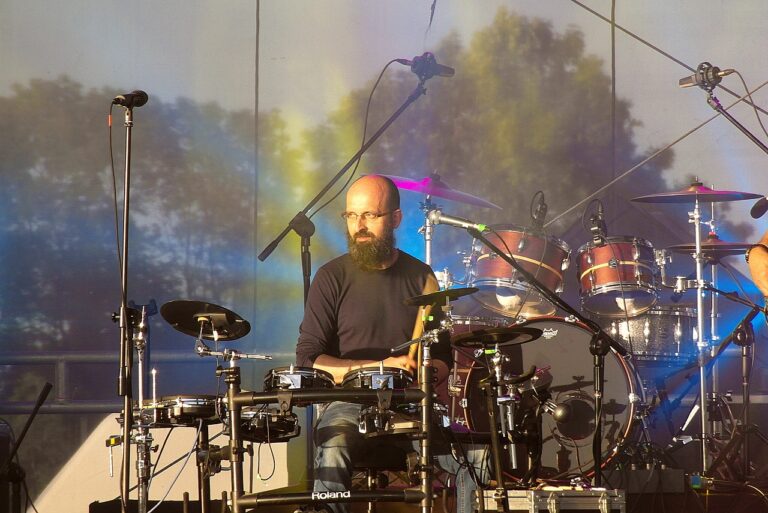The Evolution of Music Videos: From MTV to YouTube
In the early 1980s, a revolutionary form of entertainment burst onto the scene – music television. This innovative concept brought the world of music into people’s living rooms like never before. With the launch of MTV in 1981, audiences were able to watch their favorite artists perform right on their screens, changing the way music was consumed and experienced.
Music television quickly became a cultural phenomenon, turning musicians into celebrities and reshaping the industry. As MTV gained popularity, artists began to see the immense potential in creating visually captivating music videos to accompany their songs. This new focus on visual storytelling not only enhanced the listening experience for fans but also opened up new avenues for artists to showcase their creativity and individuality.
The Impact of MTV on Music Videos
MTV revolutionized the music industry by propelling music videos into the spotlight and changing the way artists connected with their audiences. With the birth of MTV in 1981, music videos became a powerful tool for artists to visually represent their music and enhance their storytelling. As a result, the demand for visually captivating music videos increased significantly, leading to a surge in creativity and innovation within the industry.
Moreover, MTV played a crucial role in shaping pop culture and influencing the trends of the time. Music videos aired on MTV became a reflection of popular culture and had the power to launch new artists into superstardom. The platform provided a stage for artists to showcase their creativity and personal style, allowing them to connect with a global audience in a way that was previously unimaginable.
The Transition to Digital Platforms
Music consumption has undergone a significant shift in recent years with the rise of digital platforms. The ease of access and vast music libraries offered by streaming services have revolutionized how people discover and enjoy music. This transition has not only changed how music is consumed but has also impacted how artists promote their work and connect with their audience.
The convenience of digital platforms has enabled musicians to reach a global audience instantaneously. Social media plays a significant role in promoting music, allowing artists to engage directly with fans, share new releases, and even live stream performances. The digital landscape has provided a level playing field for both established artists and emerging talents to showcase their work and build a dedicated following.
What role did music television play in the transition to digital platforms?
Music television, especially MTV, played a significant role in popularizing music videos and paving the way for the transition to digital platforms.
How did MTV impact the music video industry?
MTV revolutionized the music video industry by providing a platform for artists to showcase their music visually and reach a wider audience.
What challenges did artists face during the transition to digital platforms?
Artists faced challenges such as adapting to new technologies, navigating digital distribution channels, and finding ways to monetize their music in the digital age.
Why was the transition to digital platforms important for the music industry?
The transition to digital platforms was important for the music industry as it allowed for greater accessibility, reach, and innovation in how music is created, distributed, and consumed.





